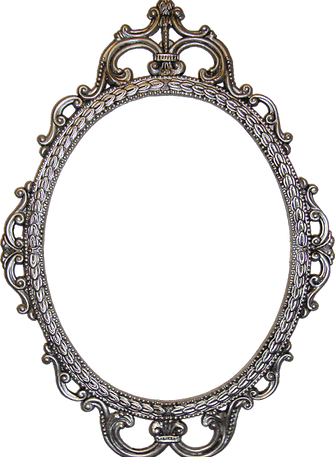

The
H I S T O R Y
Behind Oliver Meach


Education in
Victorian England
Queen Victoria (1819-1901) was the first English monarch to see her name given to the period of her reign whilst still living. The Victorian Age was characterized by rapid change and developments in nearly every sphere - from advances in medical, scientific and technological knowledge to changes in population growth and location. Over time, this rapid transformation deeply affected the country's mood: an age that began with a confidence and optimism leading to economic boom and prosperity eventually gave way to uncertainty and doubt regarding Britain's place in the world. Today we associate the nineteenth century with the Protestant work ethic, family values, religious observation and institutional faith.
Education came to be regarded as a universal need, and eventually a universal right. It was made compulsory up to the age of ten in 1880. To achieve education for all, many new state or ‘board’ schools were established, together with church schools. By 1900 there was near-universal literacy, a colossal achievement considering how appalling the situation of poor children had been in the 1830s.
The Victorian age was the first in which childhood was recognised as a distinct and precious phase in life. Family life, embodied by the young queen, her beloved Albert and their nine children, was idealised.
Englishheritage.org
Life Under
Queen Victoria
.png)




